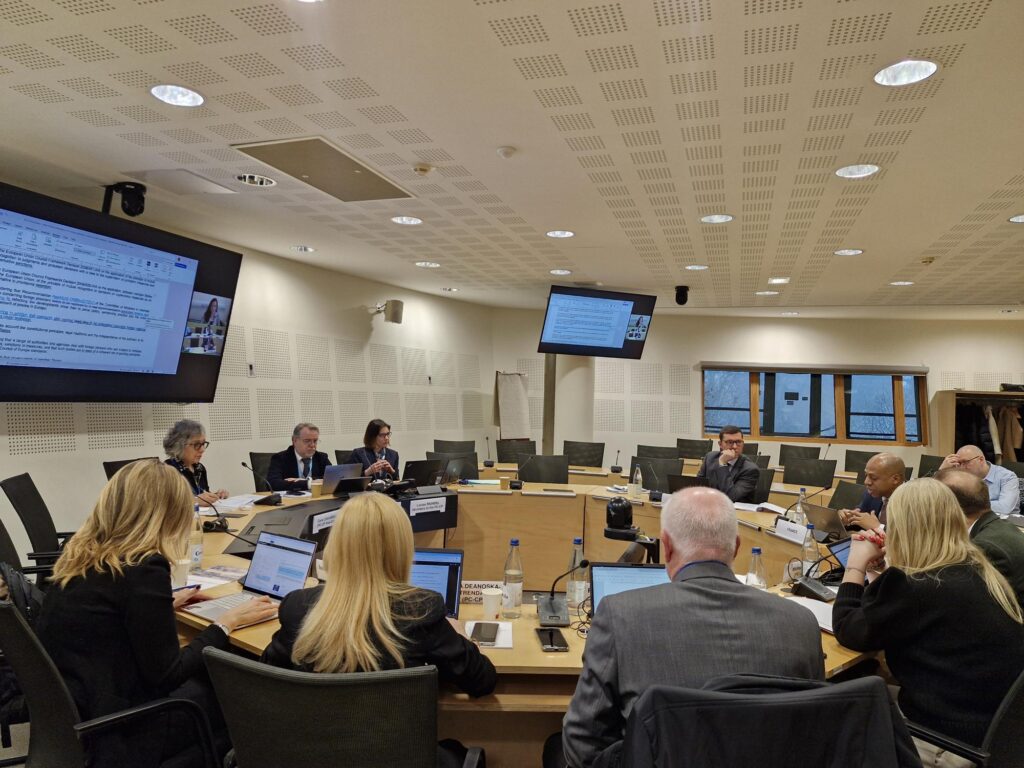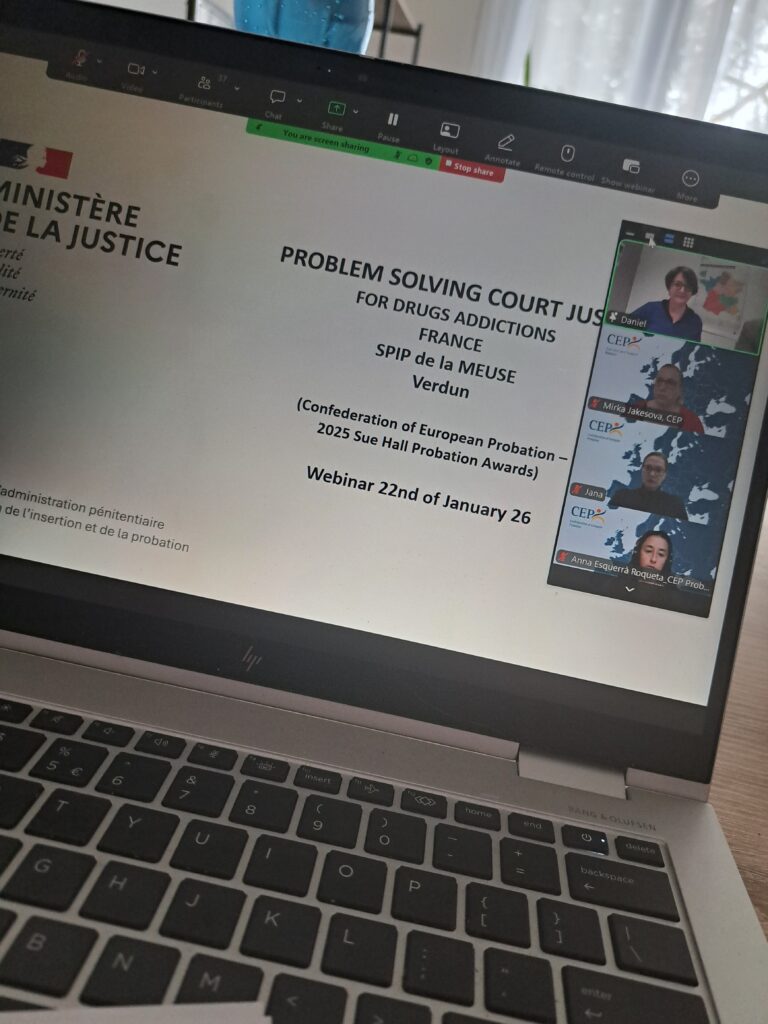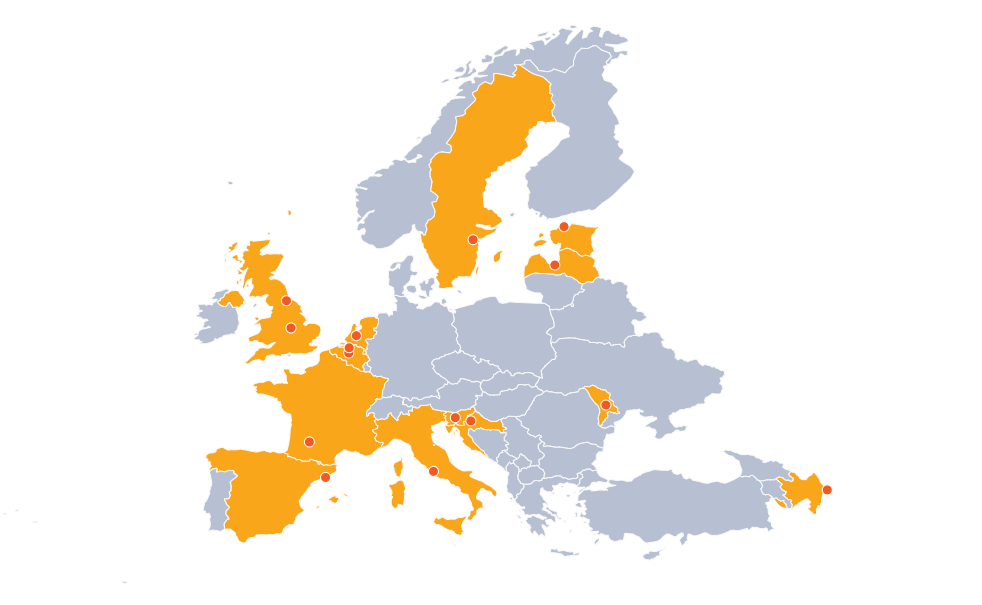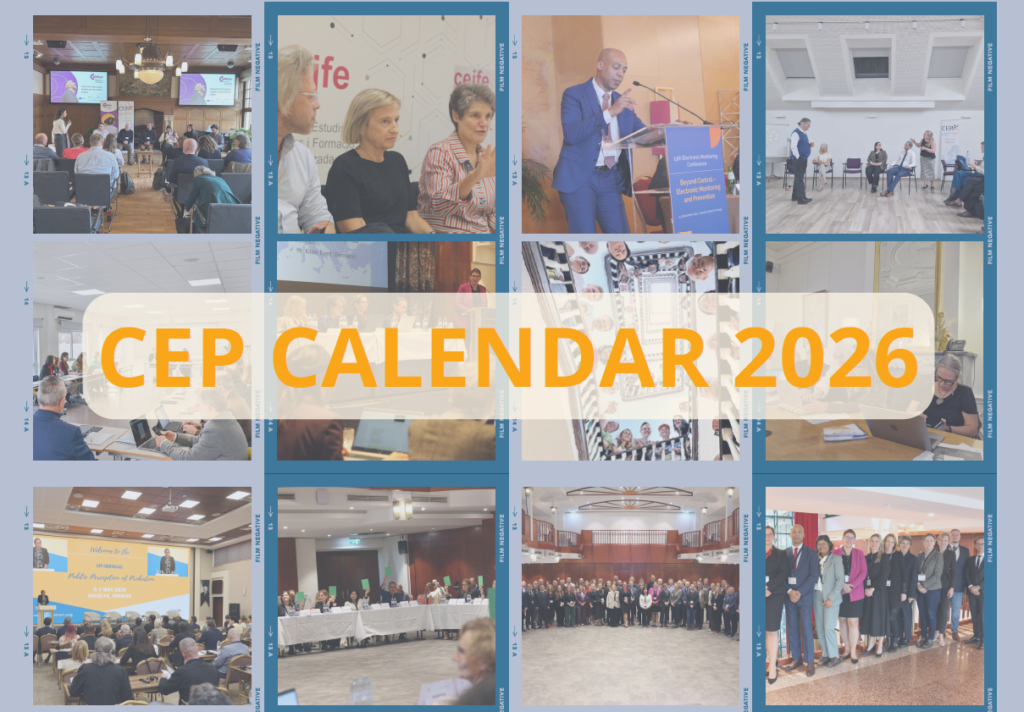The project
A team led by Professor Anthea Hucklesby at the University of Leeds, UK has been awarded funding by the European Commission, Directorate of General Justice (Just/2013/Action Grants (JUST/2013/JPEN/AG)) which will examine the use of electronic monitoring (EM) as an alternative to custody. The project entitled Creativity and Effectiveness in the Use of Electronic Monitoring as an Alternative to Imprisonment in EU Member States involves partners from five jurisdictions (Professor Gill McIvor (University of Stirling, Scotland), Professor Dr Kristel Beyens (Vrije Universiteit Brussel, Belgium); Prof Dr Miranda Boone (Utrecht University, the Netherlands) and Prof. Frieder Dünkel (University of Greifswald, Germany).
Growing prison populations are an urgent and major challenge for penal administrations across the EU (Council of Europe, 2013). The drivers of rising prison populations vary between jurisdictions. In some jurisdictions, pre-trial detainees comprise a high and increasing proportion of the prison population. In others, increasing sentenced populations have driven populations up. Most alternatives to prison only tackle one driver of population growth, whereas EM potentially provides a universal mechanism for reducing prison populations.
The Action focuses on the potential of electronic monitoring (EM) to provide a credible and workable alternative to imprisonment, therefore assisting in the management and reduction of EU prison populations. Currently EM is used in most EU member states but it is employed differently. It is utilised at different stages of the criminal justice process in different jurisdictions and its implementation varies, for example it is used as a standalone measure and/or alongside other community sanctions, the length of curfews and curfew hours vary as does the approach to ending the sentence. The varied use between jurisdictions provides an opportunity to undertake comparative research to examine the similarities and differences between jurisdictions, what these tell us about what works in terms of providing a credible and workable alternative to imprisonment and enhance our knowledge and understanding of best practice in relation to EM.
Despite the widespread use of EM, evidence about its operation and impact is limited. A core element of the Action is the first empirical study of the use of EM at three stages of the criminal justice process – pre-trial, sentence and post-release – across five jurisdictions which, coupled with a systematic and comprehensive analysis of legal and policy frameworks at the national and European levels, will provide a unique comparative study of EM. The findings will begin to fill a significant knowledge gap about the conditions under which EM can operate as an alternative to imprisonment as well as informing recommendations on best practice to enhance its effectiveness and ensure its legal, ethical and humane use across the EU.
The Action aims to compare the operation of EM for adults in five jurisdictions in order to examine its use at all stages of the criminal justice process and its effectiveness in terms of providing an effective and humane alternative to custody and reducing prison populations. The more specific objectives are to:
- Describe and explain the legal and policy context in which EM operates in each jurisdiction;
- Identify the ways in which EM is employed in each jurisdiction;
- Identify and analyse European frameworks, rules and decisions relevant to EM;
- Explore the operation of EM in each jurisdiction;
- Explore a range of outcomes including compliance rates and offending rates for defendants/offenders subject to EM;
- Compare practices and outcomes between jurisdictions;
- Identify best practice in relation to the implementation of EM; and
- Disseminate Action findings and best practice to a range of policy makers and practitioners.
The Action comprises of four substantive, sequenced and complementary workstreams. It began in May 2014 and runs for two years. In early 2016 conferences will be held in London and Brussels to disseminate the findings of the project alongside a series of regional workshops in specific jurisdictions. The Action is supported by an Advisory Board of experts from research user communities across the EU. A first important meeting took place in Leeds on Friday 16 May, where also CEP Secretary General Willem van der Brugge was present as member of the Advisory Board.









